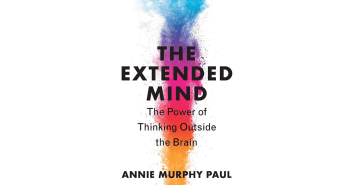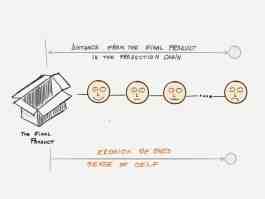
The Rise of Prediction Factories: How AI Allows Us to Replace Rules with Decisions
Two books I read recently helped me tremendously to understand what’s happening now with Artificial Intelligence: Prediction Machines and Power and Prediction (affiliate links) by Ajay Agrawal, Joshua Gans, and Avi Goldfarb. The authors are economists and professors at the University of Toronto, one of the leading institutions studying the economic impacts of AI. Their…











